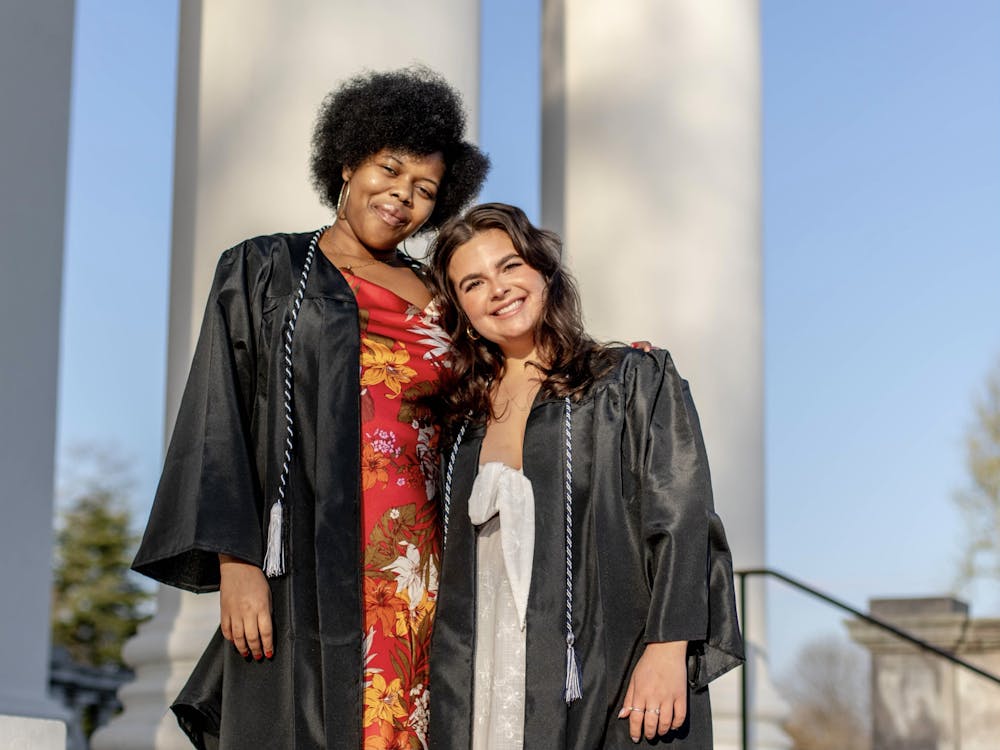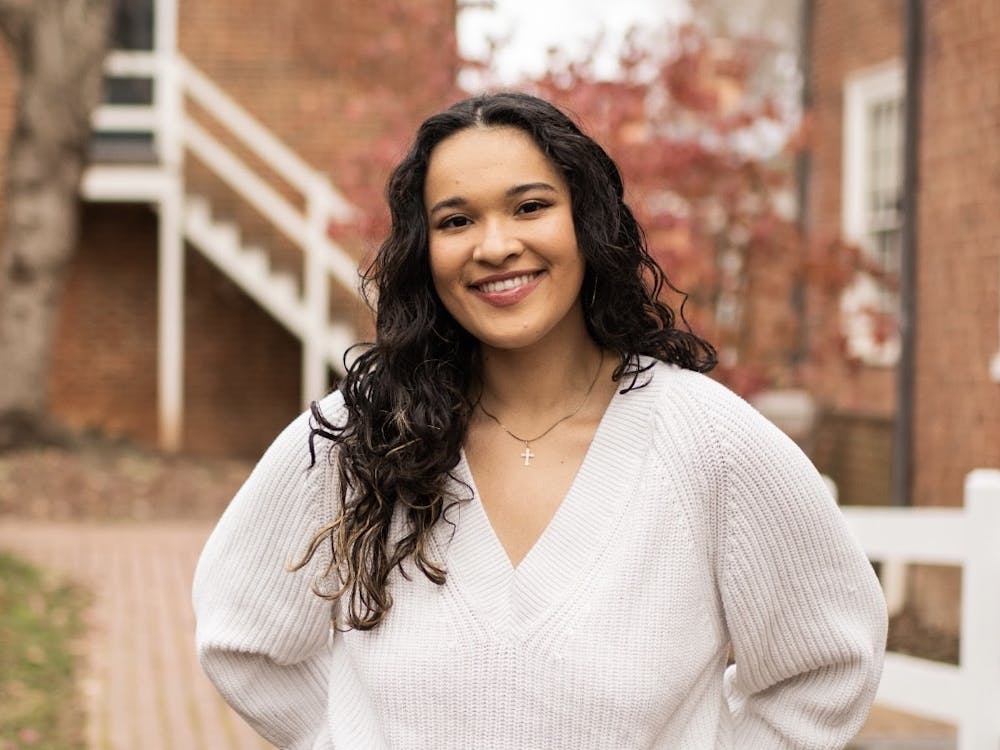A Butte College part-time instructor’s Facebook comments about the military have prompted the college to open an investigation. The instructor, Jodi Rives, wrote that student veterans return to college with poor academic skills. She also claimed that 1 in 2 women in the military suffer sexual assault or harassment. Rives apparently received an email from Butte College requesting that she remove the college from her Facebook identity. Her Facebook profile is currently disabled, but she has publicly defended her claims, saying she is just “calling it like it is.”
The Chronicle recently surveyed professors from 70 universities about their respective institutions’ online speech policies, and more than half reported that they had none. Some expressed a desire for their universities to develop policies, but others reported being satisfied that their institutions had no regulations governing online speech.
The American Association of University Professors has encouraged administrators to formulate online speech and social media policies for their institutions with input from faculty. But some experts say that the digital element of communication does not warrant a separate policy. Steven J. McDonald, general counsel for the Rhode Island School of Design, quoted in the Chronicle, said, “My general pitch is that computer-use policies ought to look a lot like your typewriter-use policy.”
The Kansas Board of Regents adopted a social media policy after a University of Kansas associate professor wrote a tweet wishing harm on NRA leaders’ children, following the Washington Navy Yard shootings last year. In a situation like this, an online speech policy could have one of two purposes: to deter faculty members from posting potentially offensive or inflammatory statements on the Internet, or to give the university administration a legal safety net when it disciplines a faculty member for posting such a statement.
The University of Kansas professor was reprimanded by the administration before the policy was instituted, suggesting that the Board of Regents’ motivation leans towards the former. An institution of higher education has good reason to worry about its reputation, but even if an online speech policy is effective at deterring a professor from airing such an offensive statement in public, it cannot prevent the professor from holding the opinion in the first place.
The Internet and social media do make broadcasting opinions to large audiences easier. But while the medium of communication may change, there is no reason to think the sentiment is any different. Professors should be expected to uphold reasonable standards of conduct, which naturally include online communication, if professors use it. Writing a specific policy pertaining to social media in an effort to deter that particular mode of communication may in fact make it more difficult for universities to address issues of unethical conduct. Remarks spoken casually in a classroom cannot be proven, but on the Internet, digital is forever.
An online speech policy likely would not be effective at protecting a university’s decision to fire a professor either. The provisions of the policy drafted by the Kansas Board of Regents were either redundant with other ethical codes of conduct not relevant to the medium of communication (i.e. – not disclosing students’ personal information without permission) or so vague that they threaten a professor’s right to free expression — social media posts that have “a detrimental impact on close working relationships” or are “contrary to the best interest of the university.”
The policy was likely made deliberately broad so it would allow universities to make their own judgment calls on a case by case basis of whether or not to discipline a professor for his online communications. But such a vague policy is dangerous because it can threaten academic freedom. How does one define “the best interest of the university”? Dissent over such a definition can lead to unjust dismissals which suppress healthy disagreement through free expression.
The fate of the Butte College instructor is uncertain. Perhaps it will depend upon the validity of her claims, which may be the purpose of the open investigation. But such a decision is a matter of a professor’s conduct; the medium through which it is expressed is only tangential. Universities can continue to handle these situations without paying specific attention to social media platforms — the typewriter policy is working just fine.




